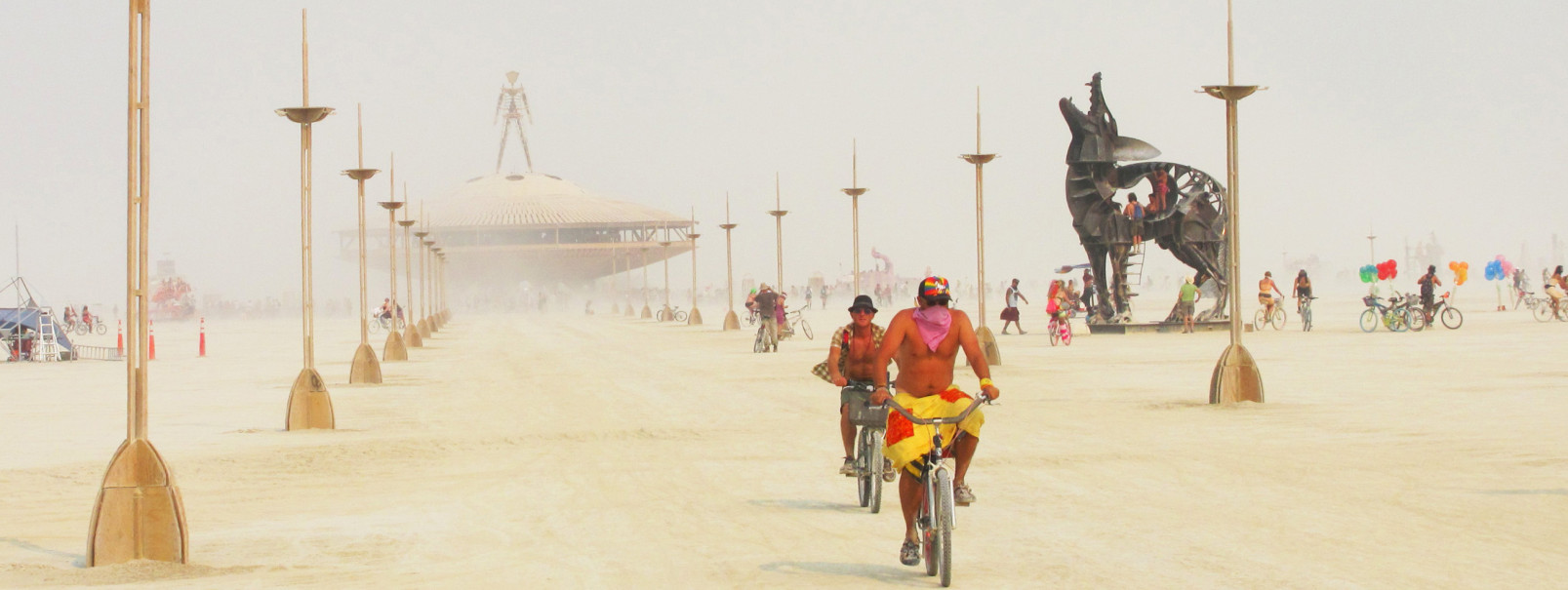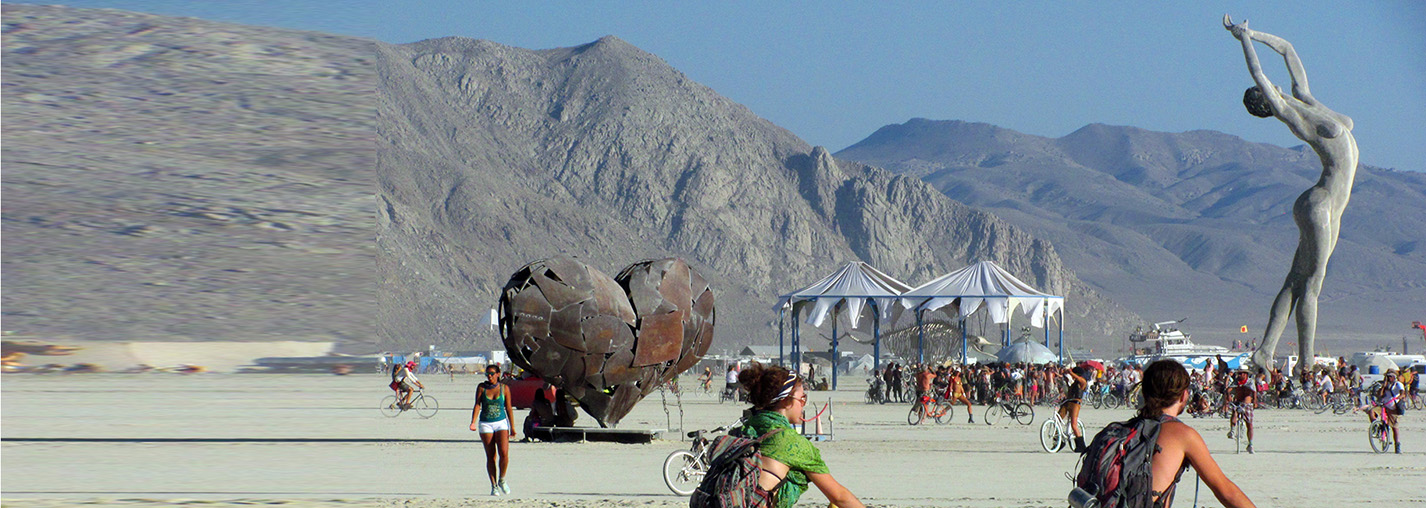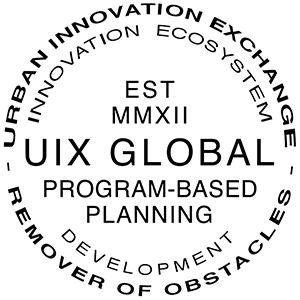As part of the TEDx Black Rock City ‘Paradigm Shift’ theme, Greg Delaune outlines how new trends and techniques in experience-based community design are offering new tools for how citizens can engage in the transformation of their local urban environment. As an example, the personal investment of time, money, and effort that goes into the preparation of theme camps at the Burning Man festival is a powerful demonstration of how individuals can make foundational contributions to the physical and societal manifestations of progressive policy shifts. “Burners” dedicate months of work to realize critical art and experience design contributions that only exist for a few days. When harnessed in other contexts, this same community participation energy can be utilized to implement real change in local communities around the world.
Program-Based Planning is a platform that codifyies the functional elements of effective innovation ecosystems development that is:
- VALUES-BASED; focusing on local citizen engagement, business development, and investment strategies that are formulated to reinforce local ethics, character;
- ACTIVITIES-ORIENTED; incorporating a diverse mix of business types, recreational facilities, and cultural events that facilitate civic cohesion, healthy lifestyles, and economic vitality;
- CULTURE-DRIVEN; promoting a community’s unique character and aspirations through initiatives that reinforce local history, culture, and design.
Program-Based Planning extends economic development and urban planning to the fourth (programmatic) dimension, prioritizing the value of local human resource development, impact investing, cultural identity, and environmental quality to be on par with financial returns; recognizing that growing robust economically sustainable communities means cultivating and maintaining of a thriving and diverse innovation ecosystem where creativity, cooperation, and civic engagement are the cornerstones of economic vitality.
While technological advances globally continue to race forward, as a species we continue to be plagued by a systems-level lack of access to sanitation services, energy grids, clean drinking water, adequate and safe food supplies, and critical education resources. This talk is a call to action for activists and community-minded individuals everywhere to begin to focus their wealth of talent and energy on solving todays critical environmental and social issues at every scale. Harnessing the potential of Program-Based Planning initiatives can help articulate public-private partnership (P3) models on a local, regional, national, and global scale that adequately share the best practices and basic (already-existing) technological and social innovation solutions that will lead to a more sustainable and just world.




